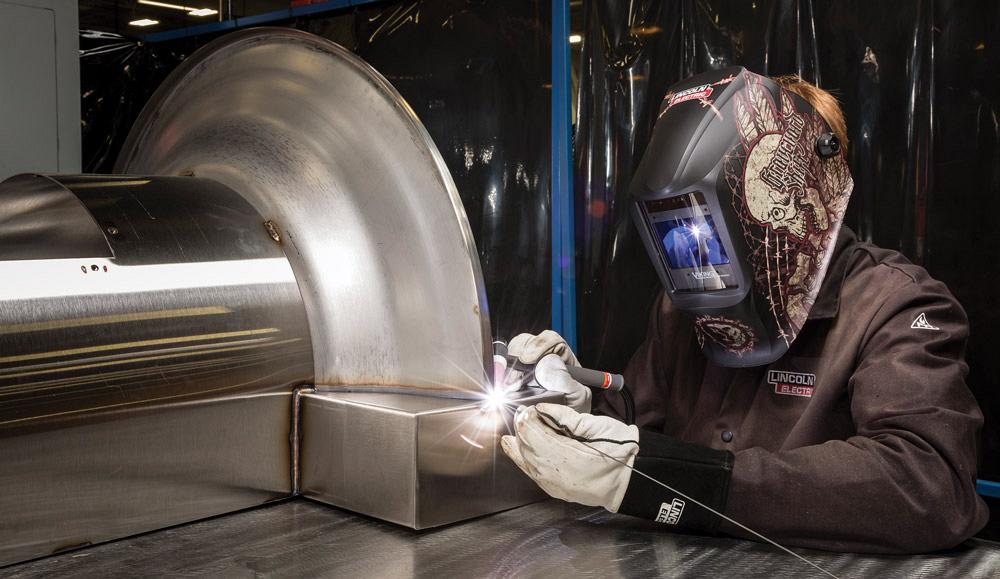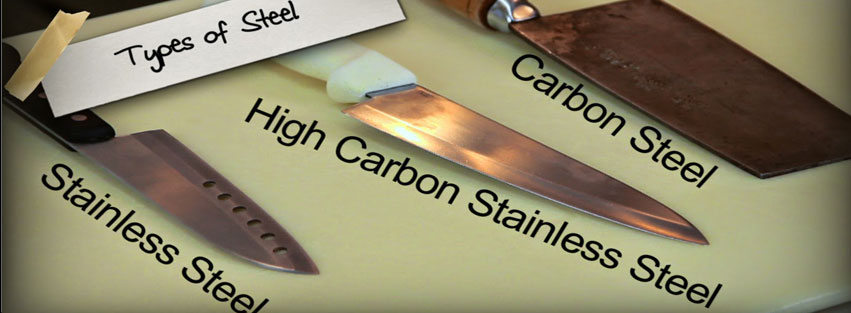Steel is one of the most versatile products as it can be fabricated into any shape. Do you know why the welding process is more prevalent in the steel industry? Welding is a process where you can fuse two or more steel products into a single product through pressure, heat, or both. Many steel dealers in Chennai find welding the prime solution for fabricating metals in pharmaceuticals, petrochemicals, food and beverage, and related industries. One of the significant concerns in carbon steel is they don’t distribute the heat evenly. Thus, it makes the carbon steel rust, embrittlement, and warping. Hence, in this post, let us see some welding tips to fabricate carbon steel for even heat distribution.
Right filler metal:
The foremost welding tip to fabricate carbon steel is to choose the suitable filler metal. The filler metal refers to the unalloyed or alloy metals that are heated, melted, liquified, and allowed to flow between the space of two joining metals. This filler metal gives the welded metals the required strength and corrosion resistance. So, the filler metal that you will use to weld the carbon steel can affect the output material’s quality and strength. Thus, to choose the suitable filler metal, first, consider the dimension of the metal that is going to be welded and the filler metal. The filler metal should be thinner or equal to the base metal; otherwise, the weld will be too weak.
Similarly, the base and filler metal should have the same chemical composition because different chemical properties can weaken the welding process. For example, if you are welding 316 austenitic stainless steel, the steel suppliers use 316L metal as a filler metal. The letter “L” refers to the low carbon content and trace level.
Preparations:
Another excellent tip to consider in fabricating carbon steel is proper welding preparation. We all know that carbon steel is one of the sensitive steel and gets contaminated by dirt and dust particles easily. So, while welding the carbon steel, make sure that your workstation and instruments are clean enough. If not proper preparation is done, it can consecutively reduce the corrosion resistance and strength of the metal. Similarly, use a brush dedicated only to clean the carbon steel. The JSW steel dealers in Chennai offer the best carbon steel for various industrial and commercial purposes.
Gas coverage:
Thirdly, give the welding the maximum gas coverage to reduce the oxidation level. While welding the metal, use enough shielding gas and a bigger face shield rather than increasing the gas input. Similarly, ensure that the input gas or shielding gas should be chosen wisely because it can affect the properties of the metals. The shielding gas combinations commonly used are argon and carbon dioxide, helium, argon, and carbon dioxide or argon and oxygen.
Hence, use these tips to fabricate your carbon steel effectively with proper heat distribution. Bharat Steel is the best steel dealer in the city, offering products like SAIL TMT bar, steel tubes, pipes, and many more with high quality and precision.


